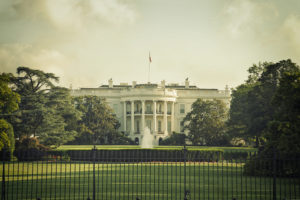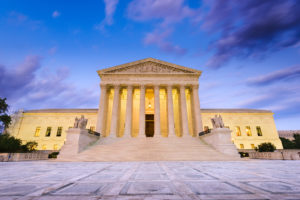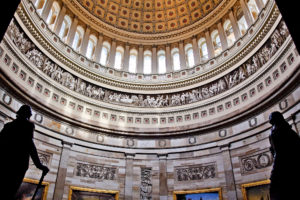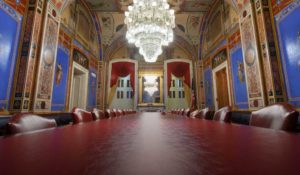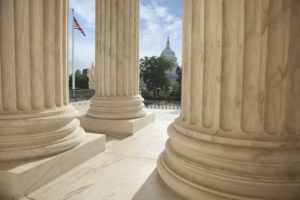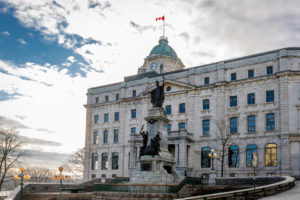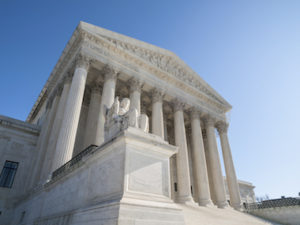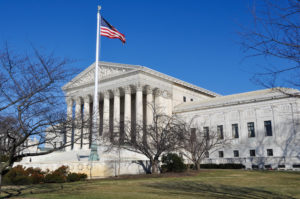Constraining the President’s Appointment Power
Court holds President Obama’s appointment of acting General Counsel for the NLRB was unlawful.
The Supreme Court’s 2016–2017 Regulatory Term
Legal scholars and practitioners analyze the Court’s most important regulatory decisions of this past term.
A Look at States’ Roles in Administrative Constitutionalism
Law professor argues that states play a critical, but often neglected, role in constitutional decision-making.
Adjudicating by Algorithm, Regulating by Robot
Rather than raising alarm bells, government uses of artificial intelligence fit well within existing legal frameworks.
Requiring Formal Rulemaking Is a Thinly Veiled Attempt to Halt Regulation
Regulatory reform bill’s public hearing requirement will hinder agencies’ attempts to regulate.
Looking More Closely at the Platypus of Formal Rulemaking
Legal scholar argues that the oft-criticized formal rulemaking process has virtues in proper settings.
When Public Health Abuses Public Funds
The Supreme Court declines to resolve issue of whether state hospitals can be sued for false insurance claims.
A Good Effort, with One Glaring Flaw
Regulatory reform bill’s requirement of oral evidentiary hearings for rulemakings may prove to be ineffective.
Partisans or Peacocks?
Oral argument transcripts may reveal Supreme Court Justices’ motivations for speaking.
Can You Start a Lawsuit by Mail?
The U.S. Supreme Court will soon decide a case involving the interpretation of a key civil litigation treaty.
The Role of Federal Judges in the Modern Administrative State
Judge Gorsuch’s confirmation hearings offer a key opportunity to examine a judge’s philosophy on the judiciary’s proper role under the Constitution.
Closing the Courthouse Door to Victims of Police Abuse
A number of Supreme Court doctrines make it difficult for citizens to sue police officers and their government employers.

